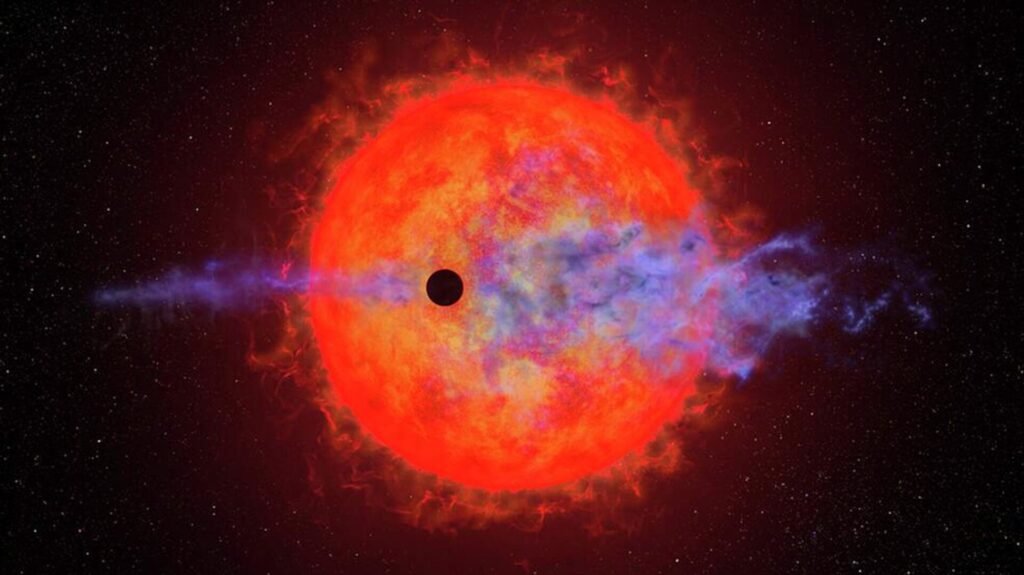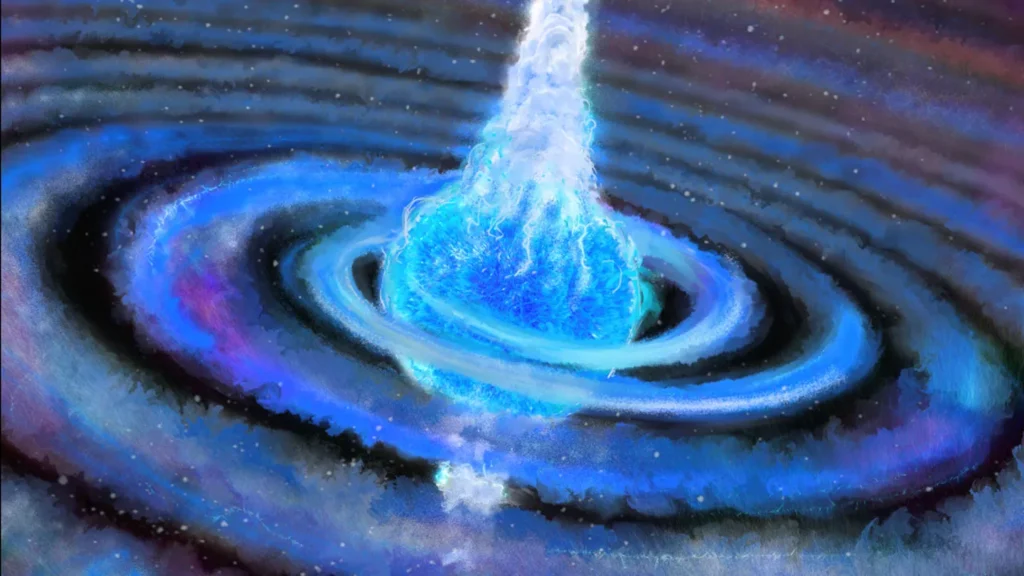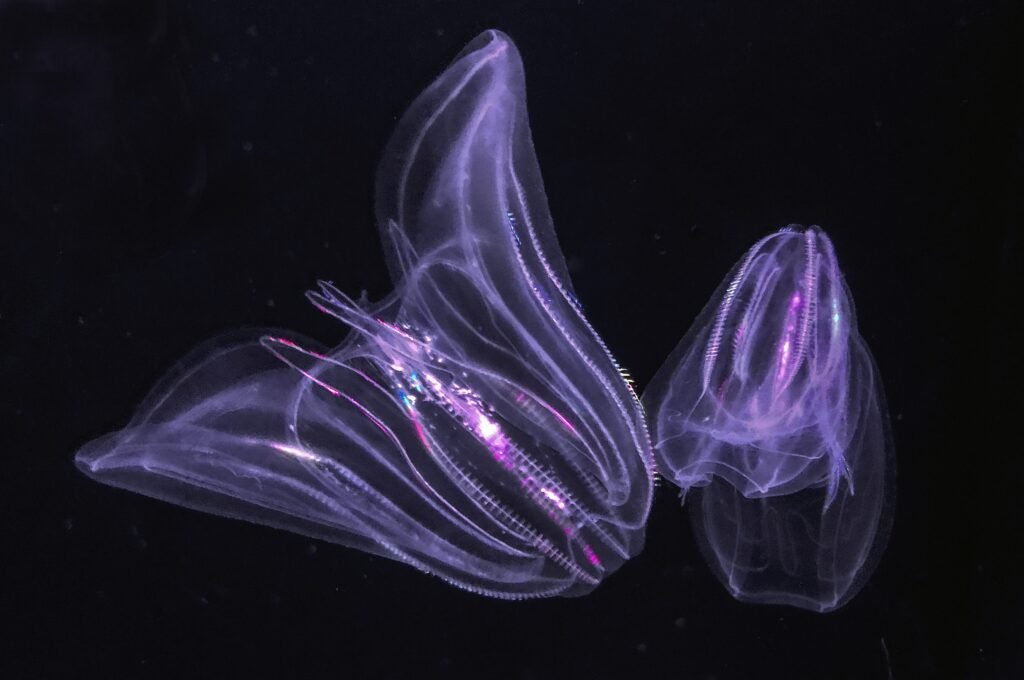Twin stars eat planets in the solar system, a new study reveals
A new study reveals twin stars formed from the same interplanetary material are cosmic cannibals as they eat their orbiting planets in the solar system. Scientists have found that twin stars are pairs formed from similar interstellar space and have similar chemical composition and masses.
These stars show signs of eating one or more planets that orbit them while experiencing cosmic cannibals. The journal Nature has this study publication, which reveals a darker aspect of the life cycles of planetary systems. It provides new insights into the cosmic dance between stars and their planets.

The main objective of this research is a thorough analysis of 91 co-natal star pairs. Hence, scientists conducted this research with the help of the Gaia space observatory from the European Space Agency and ground-based cameras in Chile and Hawaii.
Astronomer Fan Lui of Monash University led the research team. They initiated research to find the chemical fingerprints left by planetary eating. The study results were shocking as they revealed twin stars eat their orbiting planets in the solar system.
Almost 8% of star pairs provided evidence that one star had eaten material from a planet or protoplanetary body. However, the star pairs that ate planets showed unusually high amounts of elements like iron, nickel, and titanium.

Click here to read updates on Scientists finding a scar on the star from destroying planets
The study sheds light on the unstable nature of planetary orbits and the variables that can cause a planet’s destruction. Orbital disturbances may occur by larger planets in the same system or by another star close approach.
These disturbances can also cause a planet to expel from its stable orbit and collide with its sun. This study emphasizes not only the instability that can affect planetary systems. But also the extraordinary stability of our solar system, which is not always the case amid the vastness of the cosmos.
The consequences of these results are far-reaching going beyond the immediate destiny of eaten planets. The study provides an understanding of complex mechanisms that regulate planetary system evolution and chemical enrichment of space.
Read More:
- Sea creature turns into a baby when it is stressed out showing time travel
- Realme Narzo 70 Turbo 5G launch date, features, specifications & price
- European Space Agency printed 3D metal part in space for first time
- Earth’s mysterious Alaska triangle where over 20,000 people disappeared
- Philips Hue launched a new smart lighting solution for kitchen
- NASA to launch life-searching spacecraft to Jupiter’s moon Europa
Share this content:










Post Comment